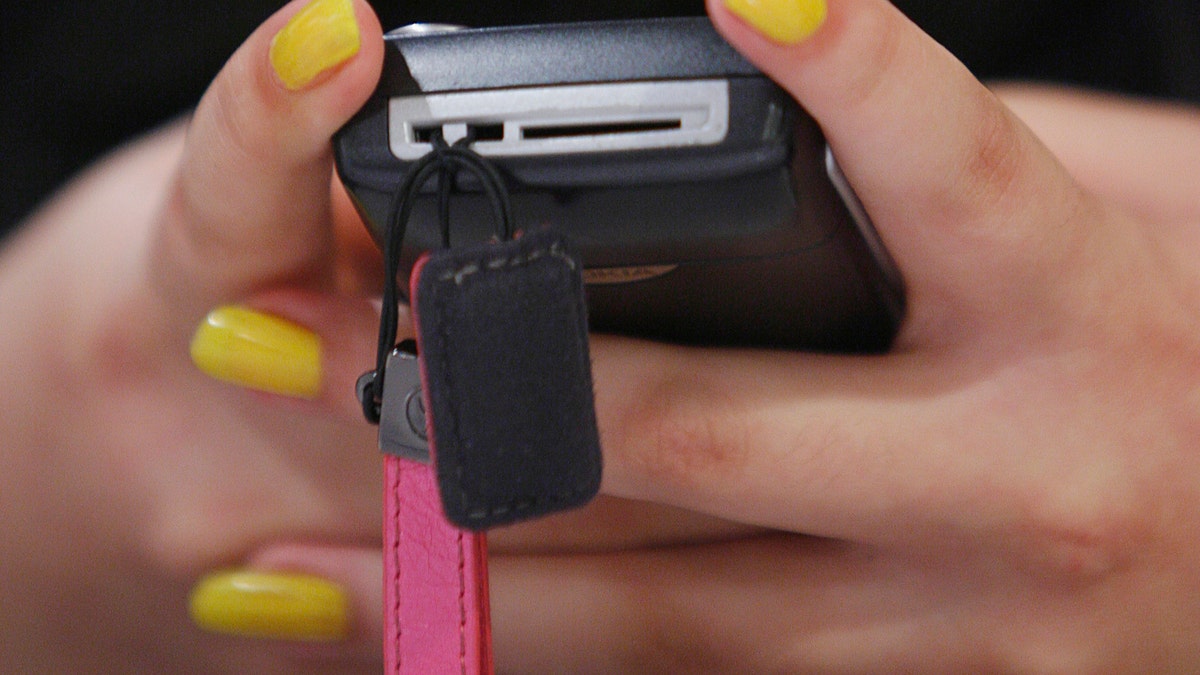
File photo. (REUTERS/Vivek Prakash)
Imagine being stuck in your house during a burglary with no way to call for help. If you make a sound, the thieves will find you. While your smartphone can technically send a 911 text message (it’s an FCC requirement), you’ll find that, in most cases, no one will respond.
The reason? Only 5% of emergency call centers in the U.S. are equipped to handle 911 texts. A new petition at Change.org has nearly 50,000 signatures and hopes to get the attention of Congress as a way to pass 911 texting legislation. A cloud telephony service called CallFire, which has no direct benefit from any legislation, is behind the petition.
“There are several scenarios where a person may put themselves in further harm by making a voice call, from victims of domestic abuse who are silently trying to get help to consumers who are hiding during a home invasion and don’t want to make noise and call attention to themselves,” said Barbara Palmer, a CallFire spokesperson.
Palmer says those with speech or hearing impairments could also benefit. People may not be able to communicate verbally during an emergency but could still text.
Brian Fontes, the CEO of the National Emergency Number Association (NENA) that sets the standards for 911 call centers, told FoxNews.com that, in the next 2-3 years, an overwhelming number of U.S. citizens will have smartphones -- almost 85%.
The main hold-up for 911 texting, he says, is that leaders in every area of government have not stepped up to the plate and made sure that 911 texting works. A few states -- including Vermont, Maine, and Hawaii -- have enabled the service. It’s not a technology problem, he says, because the upgrades are not overly complex. It’s mainly a funding problem.
“Leaders in public safety have been totally satisfied with 911 calling,” he says, calling on legislators to provide the funds to add 911 texting services. It will require cooperation from wireless carriers such as AT&T, Sprint and Verizon because they have to work with local state authorities -- those who run their emergency centers -- to build the services, he said.
A spokesman for the National Highway Traffic Safety Administration (NHTSA), the government agency tasked with coordinating 911 services, told FoxNews.com that the call center upgrades involve technical changes, operational changes, training the 911 staff, educating the public, and securing financial resources.
In a statement released to FoxNews.com, the NHTSA said: “The state and local authorities operating 911 systems are implementing text-to-911 as quickly as these steps can be accomplished, within the confines of existing resource limitations.”
Interestingly, a societal change is prompting this new demand for 911 texting. Psychiatrist Gayani DeSilva, M.D., says our brains form an automatic response, especially in times of stress. Millennials, in particular, rely mostly on texting throughout the day.
“Texting is the preferred way to send a message to friends, colleagues, and family,” she said. “The brain groups this activity into the general gestalt of ‘quick communications’ and so when one faces an emergency situation and wants to convey a quick message, the brain automatically activates a conditioned response of sending a text message to 911.”
DeSilva added that, for those who do not text, the automatic response is to make a 911 call.
NENA’s Fonte called on civic leaders, city managers, county officials, those in the public safety sector, and lawmakers at the highest level of government to act more decidedly on the issue. For a “brand” that’s just as well-known as Starbucks or McDonald’s, something 240 million people used last year alone, the 911 service needs an upgrade for the texting generation.








































